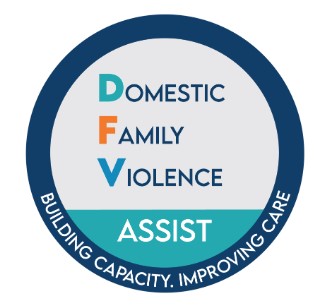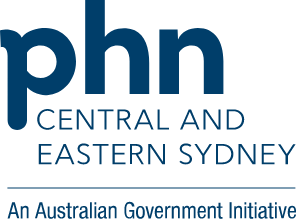DFV Assist
Following an initial service establishment period, the Navigator completed the following activities in 2023-24:
23
33
8
49
16
DFV Assist
DFV Assist aims to build the capacity of primary care providers to support patients experiencing domestic and family violence (DFV) through training and a referral support service, which commenced on 1 July 2021.
In 2023-24, a NSW PHN consortia comprising Nepean Blue Mountains PHN, Hunter New England and Central Coast PHN and Central and Eastern Sydney PHN was awarded additional funding to expand the DFV service into sexual violence and child sexual abuse. A large amount of planning, co-design and consultation with relevant stakeholders was undertaken to develop new service elements that will commence early in 2024-25.

In 2023-24, PHN staff conducted the following 24 DFV Assist training events:
The following health professional attended training with the PHN Educator:
”“Very informative training session. Really appreciate the time taken. I am feeling more confident in my approach after this session and it has made me reflect on a few patient cases and how to implement further support for those patients.”
Primary Care Navigator
The Primary Care DFV (Domestic and Family Violence) Navigator provides referral support, advice and secondary consultations, and better links primary care providers with DFV systems. In 2023-24, Legal Aid NSW was commissioned to provide this service, which is delivered by an experienced practitioner and supported by the wider network of specialist Women’s Domestic Violence Court Advocacy Services across our region.
The service aims to increase the confidence of primary care professionals to recognise the signs of DFV, respond and refer appropriately, and record effectively. Ultimately, this will improve the response provided to people in the Central and Eastern Sydney region who experience domestic and family violence and contribute to improved health and other outcomes.
”"A psychologist called and said that they had been seeing a client about her alcohol use. During the course of treatment she began to speak about the verbal abuse and isolation she was experiencing from her partner. The clinician was unsure whether to name this as domestic violence and whether to talk about this in therapy. The DFV Navigator was able to role play the conversation with the psychologist and provide physical resources to use with her client to help recognise the cycle of violence versus an equal and healthy relationship."

